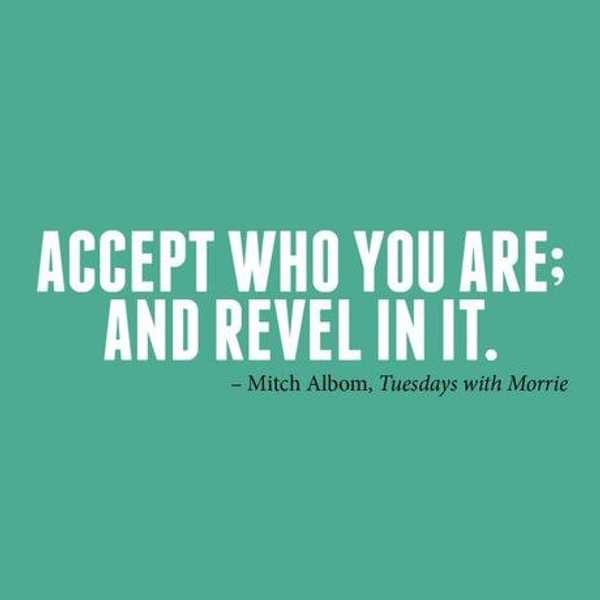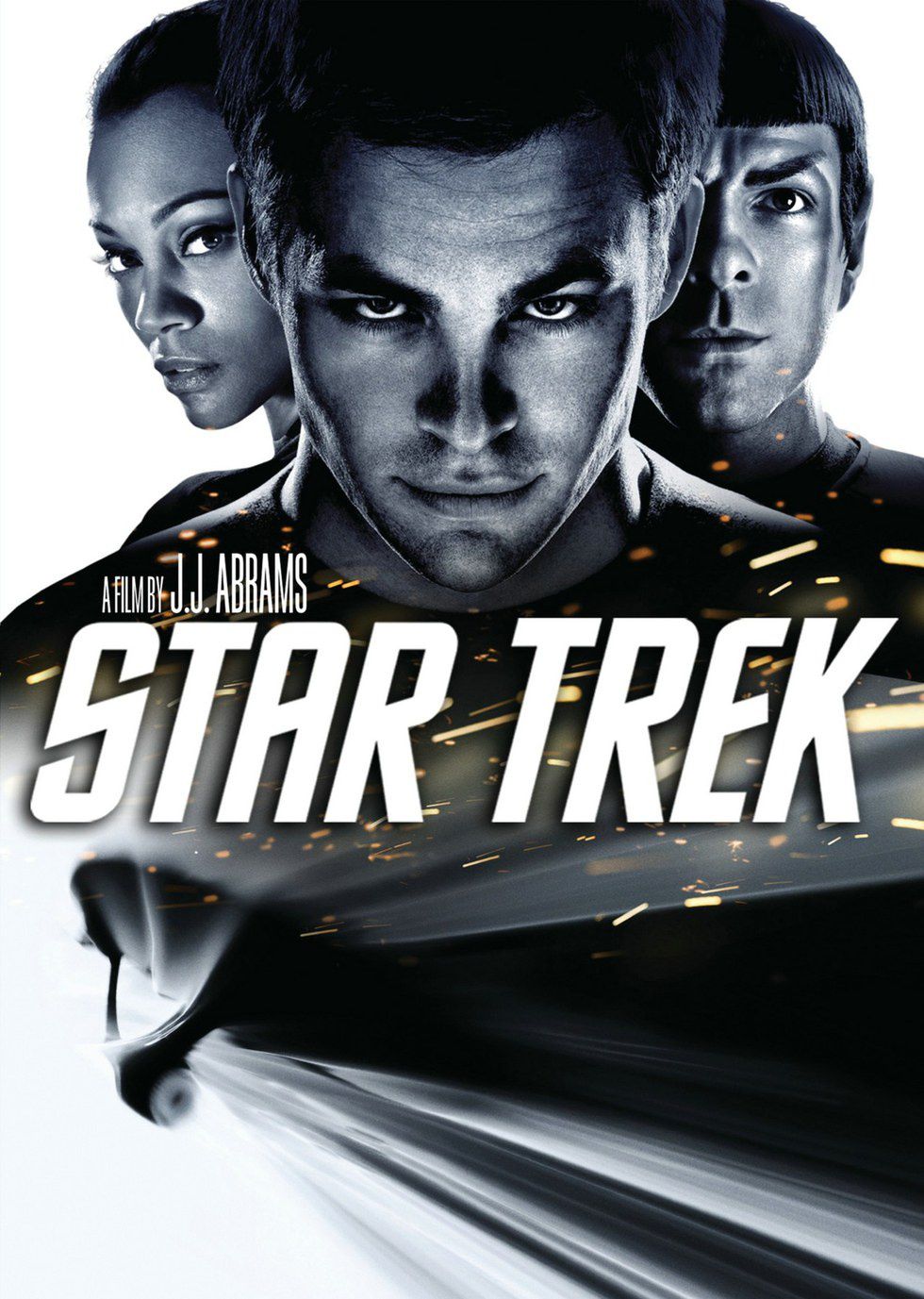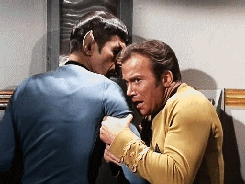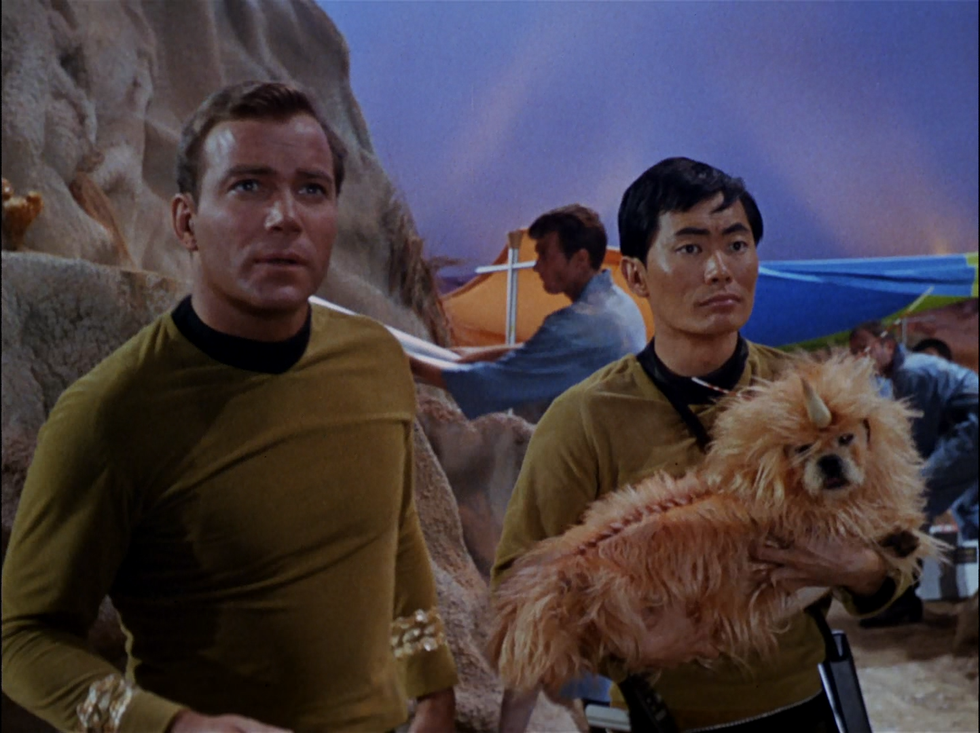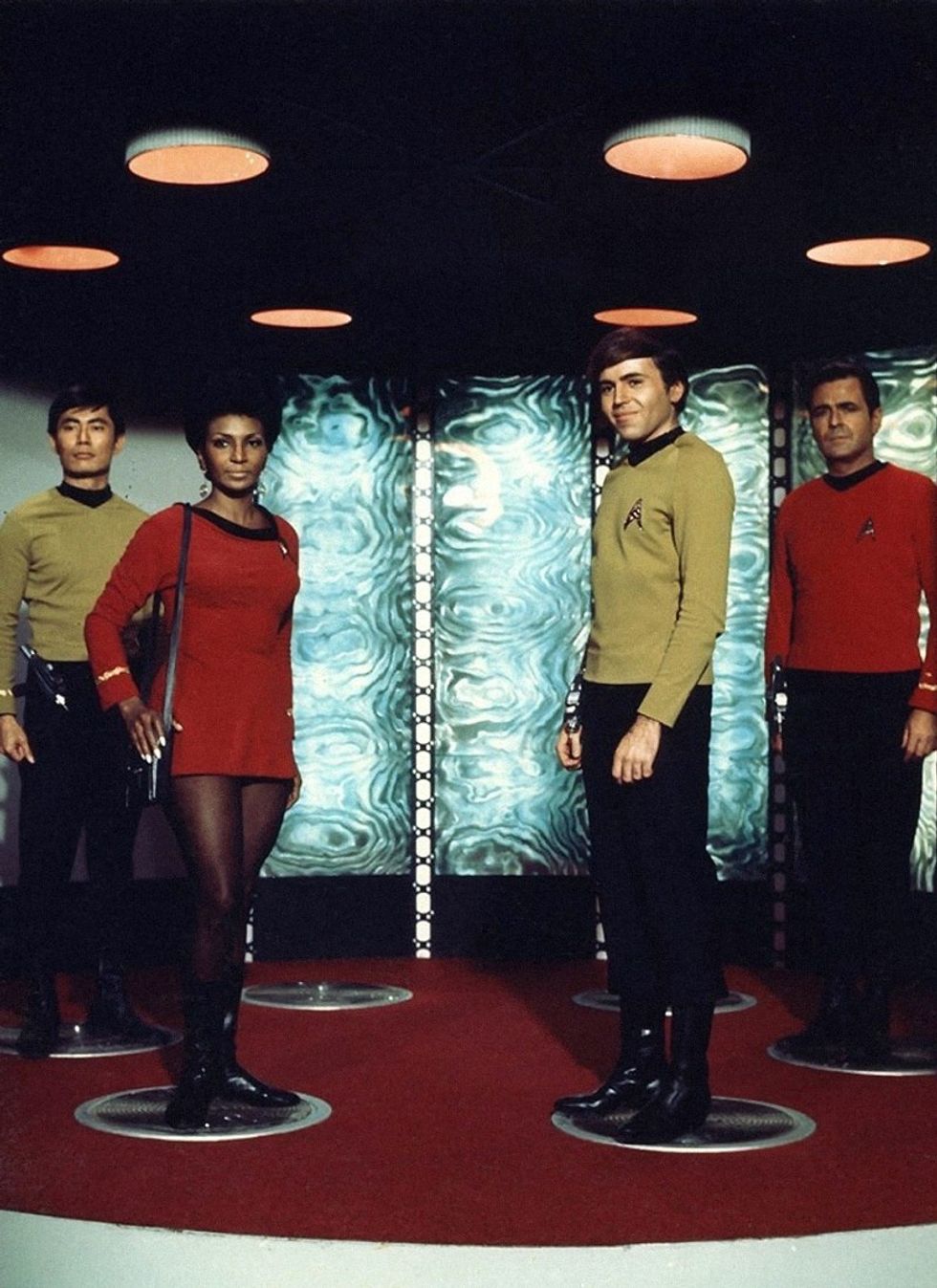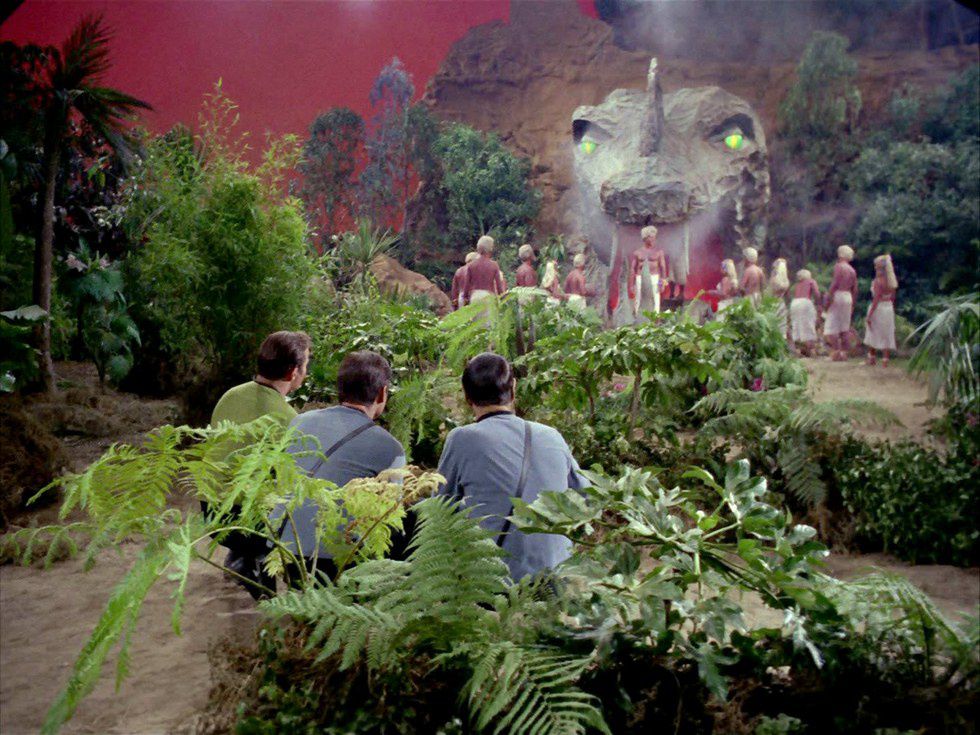Now, I didn't live in a vacuum. I kind of knew what the whole "Star Trek" thing was about. As I was growing up I would hear, "Beam me up, Scotty," "Set phasers to stun," and something about Klingons.
However, I was never given the incentive to explore such a strange new world until I watched "Star Trek" on a whim when it came out again in 2009.
Since then, I've become a Trekkie. A late-blooming, in-progress Trekkie, but a Trekkie nonetheless.
And while "Star Trek" and the subsequent reboot films are super flashy action-packed adventures, I adore "Star Trek: The Original Series."
I unironically, genuinely enjoyed watching what the crew of the starship Enterprise got up to, from the melodramatic acting to the budget props and special effects that only the 60s could offer. You know, like hugging the nearest wall or slapping a costume on a dog and calling it an alien creature.
There were three glorious seasons of all this and then some.
More than that though, "The Original Series" always made me feel good whenever I watched it because it held such hope and enthusiasm for humanity.
It inspired innovations in real life technology such as cell phones, automated doors, and tablet computers, just to name a few. It confronted touchy subjects like racism, sexism, nationalism, and the ugly effects of war. It also featured a relatively diverse cast, including a black, female communications officer, a Japanese-American helmsman, and a Russian navigator.
Heck, they even put in a Scottish engineer for good measure.
All this was incredibly progressive, taking into account that the series was produced during the 60s, which was at the height of the Civil Rights Movement with the added discomfort of the Cold War, and still not a great time to be a woman.
Considering that creator Gene Roddenberry was a self-proclaimed humanist, it makes sense why the show would dare to take such risks. He believed that humans are intrinsically good, that we carry the potential to attain progress and excellence within ourselves and only ourselves.
It's an uncommonly optimistic viewpoint to take, and it's something that's sorely needed now when dark, gritty, dystopian narratives are in vogue.
"The Original Series" envisioned a future where humans successfully worked together to achieve that progress and excellence, reaching for the stars, "to boldly go where no [one] has gone before."
It championed human logic and reason, but also validated the expression of feelings and emotions. However, spirituality is largely absent. When it is touched on, it's either divorced from its original connotations and treated as a thing of the past or used as a means to criticize the legalism and ignorance of organized religion.
While I do think that humans certainly have the capacity to be good, it doesn't mean we should reject religion with the notion that it hinders our future. As a Christian, I believe that we owe that capacity for good and our ability to achieve seemingly impossible feats to a higher being, a God that makes the impossible possible.
We can do--and have done--great things, but only up to a point. Evil still abounds and gives way to pain, suffering, fear, and strife.
This is not to say that evil doesn't exist in "The Original Series" or the Star Trek universe as a whole. It definitely does, but it brings into question how we define evil, why we should combat it, and under whose authority. We can't depend on ourselves to provide an answer and be fully confident that it applies to everyone.
Sure, as great as Starfleet is for promoting deep space exploration and scientific advancement, humans are flawed, which means that the human-founded Starfleet is flawed, subject to crime and corruption despite its many rules and regulations. The same can be said of any establishment, from small time businesses to national governments.
We can do everything we can to ascribe ourselves to our own sets of morals, ethics, and values, but we'll always find ourselves at odds with those who hold different sets of morals, ethics, and values, whether they're from another culture, or even another planet.
There has to be a standard beyond any of us. And frankly, only God can meet the highest standard of right and wrong because He is the highest standard.
As I look towards the future, I embrace the union of science and passion, but I also welcome faith into the fold. Like Hebrews 11:1 says, "Now faith is the assurance of things hoped for, the conviction of things not seen."
I have faith that as I, and as we, leap into the unknown, God will be right there beside us to help us move forward.
And as the Vulcans would say, may we live long and prosper.


